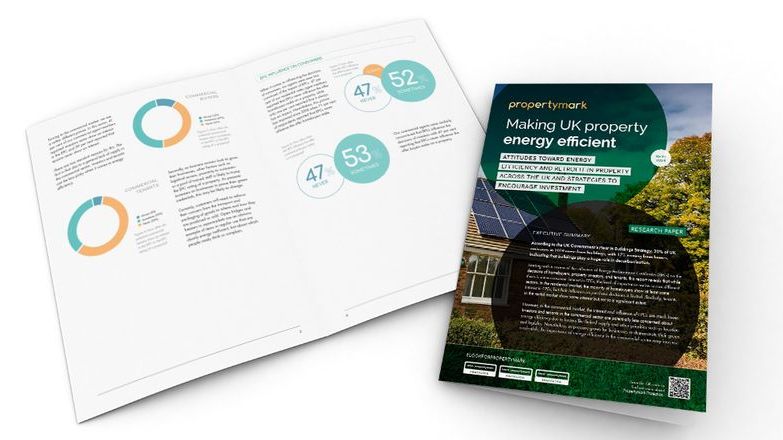
This report is based on responses to a survey of Propertymark member agents conducted between 6–19 April 2023. Analysis is based on responses provided by 271 responding agents.
According to the UK Government’s Heat in Buildings Strategy, 30 per cent of UK emissions in 2019 came from buildings, with 17 per cent coming from homes, indicating that buildings play a huge role in decarbonisation.
Shaping the profession
Energy efficiency
The UK housing stock is amongst the least energy efficient in Europe and the Committee on Climate Change says that energy use in homes accounts for about 14 per cent of UK greenhouse gas emissions. Non-domestic buildings account for around one-third of UK emissions from the building stock.
Energy Performance Certificates (EPCs)
In England and Wales, EPCs were introduced in 2007 through The Energy Performance of Buildings (Certificates and Inspections) (England and Wales) Regulations.
In Scotland, EPCs were first introduced in The Energy Performance of Buildings (Scotland) Regulations 2008 and since 30 December 2008 all properties in Northern Ireland (homes and commercial) when constructed or being marketed for sale or rent require an EPC. But to what extent do these documents influence the decisions of homebuyers, property investors, and tenants?
To begin, we asked our residential sales agents how often their homebuyers show an interest in the EPC or EPC rating of a property. The vast majority (73 per cent) reported buyers sometimes show an interest, but 15 per cent reported that homebuyers never show an interest in their experience. This is an improvement on our 2018 survey, in which 35 per cent of sales agents reported that homebuyers never show an interest in the EPC.





